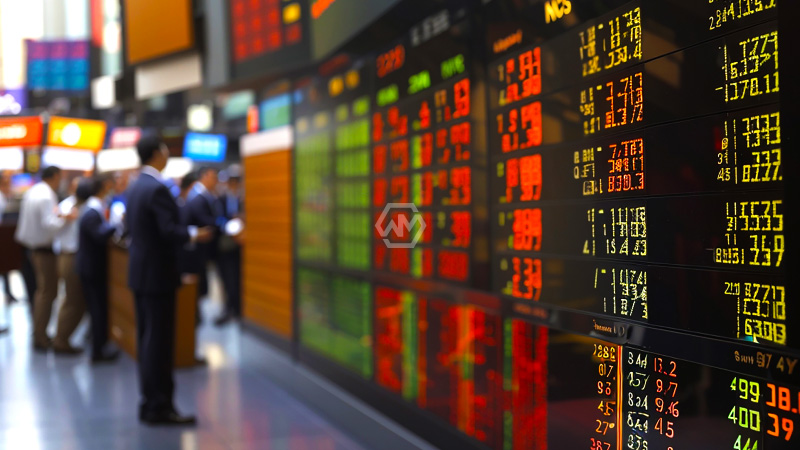- Wall Street hitting new highs and Hong Kong‘s benchmark falling more than 2%.
- The ultra-low interest rates set by the Bank of Japan were expected to stay in place.
- The Nasdaq composite reached 15,310.97, up 1.7%.
Monday’s results for Asian markets were uneven, with Wall Street hitting new highs and Hong Kong’s benchmark falling more than 2%. Futures for the Dow Jones Industrial Average and the S&P 500 were up 0.3% as European markets began higher.
The ultra-low interest rates set by the Bank of Japan were expected to stay in place, but the Hong Kong stock market’s Hang Seng fell 2.3% to 14,961.18, marking the worst start to a year since 2016.
Hong Kong stocks
Investors who were expecting steps to boost the economy were disappointed when China’s commercial banks maintained their loan prime rate steady in the face of downward pressure on the currency.
The Dow Jones Industrial Average broke its record a month earlier, rising 1.1% to 37,863.80, while the S&P 500 surged 1.2% to its record of 4,839.81. The Nasdaq composite reached 15,310.97, up 1.7%.
Hopes for rate decreases while U.S. inflation remained low contributed to Wall Street’s surge. The assumption of rate cuts has led to a major relaxation of Treasury yields, which has accelerated the November stock market rise.
Wall Street was also given a significant boost by technology stocks, with numerous chip companies seeing gains for a second day in a row following Taiwan Semiconductor Manufacturing Co.’s better-than-expected revenue projection for this year. In the oil market, benchmark U.S. crude dropped 46 cents to $72.79 per barrel, while Brent crude dropped 55 cents to $78.01 per barrel.



